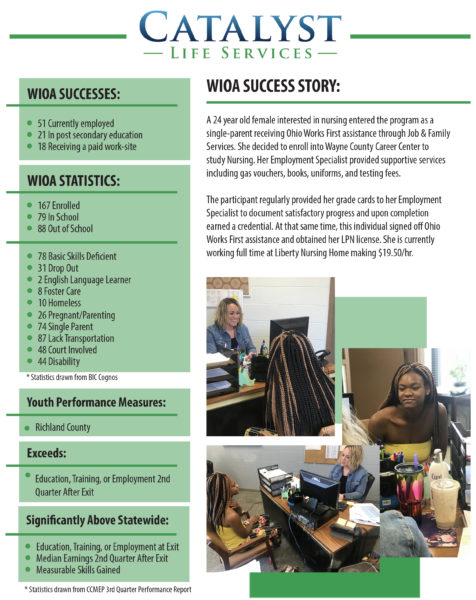For many of us, starting a new job may come with feelings of excitement “I can’t wait to get started learning new skills and meeting new people!” coupled with feelings of apprehension “What if I don’t learn quickly enough or what if my new coworkers don’t like me?” And if you are a person living with a disability, you might be feeling some of those same emotions on a much more extreme level. In 2021, the employment rate for individuals with a disability was 19.1% compared to 63.7% for non-disabled persons. (Bureau of Labor Statistics, 2021).
At Progress Industries, we work to reduce the feelings of apprehension and over time we see our employees are excited to work! Progress Industries’ highly trained and experienced staff understand the unique challenges of working in a manufacturing setting while living with a behavioral health diagnosis, a hearing impairment, or physical limitation and offer individualized support to reduce or remove the impact of those challenges. We accomplish this by providing accommodations not yet provided in many other employment settings. Many of our employees come to Progress Industries because they have struggled to obtain or maintain employment in the community. Progress Industries serves as a perfect transitional step toward improving outcomes in areas such as self-direction, communication, or building work-skills and tolerance.
We do this by adapting the workplace to the person, rather than trying to make the person fit our workplace. In a practical sense, this may include us offering written instructions to someone who struggles with following verbal directions or color-coding job steps with attached pictures for someone who processes written information differently. For others, the accommodations are as simple as modifying job tasks and work schedules to fit the unique needs and abilities of the employee. For nearly all employees, the accommodations offered at Progress Industries are easily transferable with the help of our professionals in collaboration with our employees’ new workplace. Our employment specialists and job coaches are familiar with many of the accommodations available through the Americans with Disabilities Act and serve as advocates on the employee’s behalf when necessary.
Ultimately, Progress Industries is intended to be a transitional employment setting for individuals with barriers to their community employment goals. Progress Industries couples the ‘hard-skills’ of assembly, quality control and inspection, machine operation, and packaging with the ‘soft-skills’ of teamwork, following instructions, problem solving, and working at a steady or sustained pace and does so by serving the industrial community of Mansfield and Richland County with quality manufacturing solutions.
Progress Industries is incredibly proud of its dedicated and highly capable workforce. We have seen individuals grow far beyond their wildest dreams and we aim to continue to show our employees how much they are capable of. With our help, our employees look forward to coming to work each day and see each workday as a new opportunity and not a challenge. At Progress Industries, work is for everyone.
Bureau of Labor Statistics. (2021, February 24). PERSONS WITH A DISABILITY: LABOR FORCE CHARACTERISTICS — 2021. Retrieved from Bureau of Labor Statistics: https://www.bls.gov/news.release/pdf/disabl.pdf
Mitch Jacobsen has been with the agency for over seven years and serves as the Director of Vocational Services. Previously, he has worked with the agency as an employment specialist and production supervisor in the Progress Industries manufacturing workshop. Mitch is responsible for the management of workforce development programming and oversight of the industrial workshop and embroidery and print shop. Mitch serves as the agency’s representative to the Area 10 Workforce Development Board and Regional Manufacturing Coalition and has a Bachelor of Arts in Psychology from The Ohio State University. Mitch is a Catalyst for Progress.

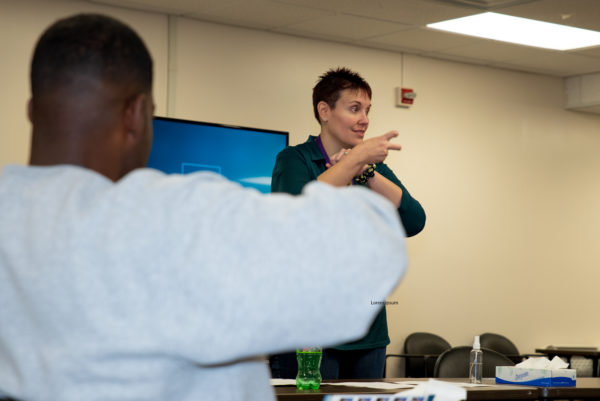
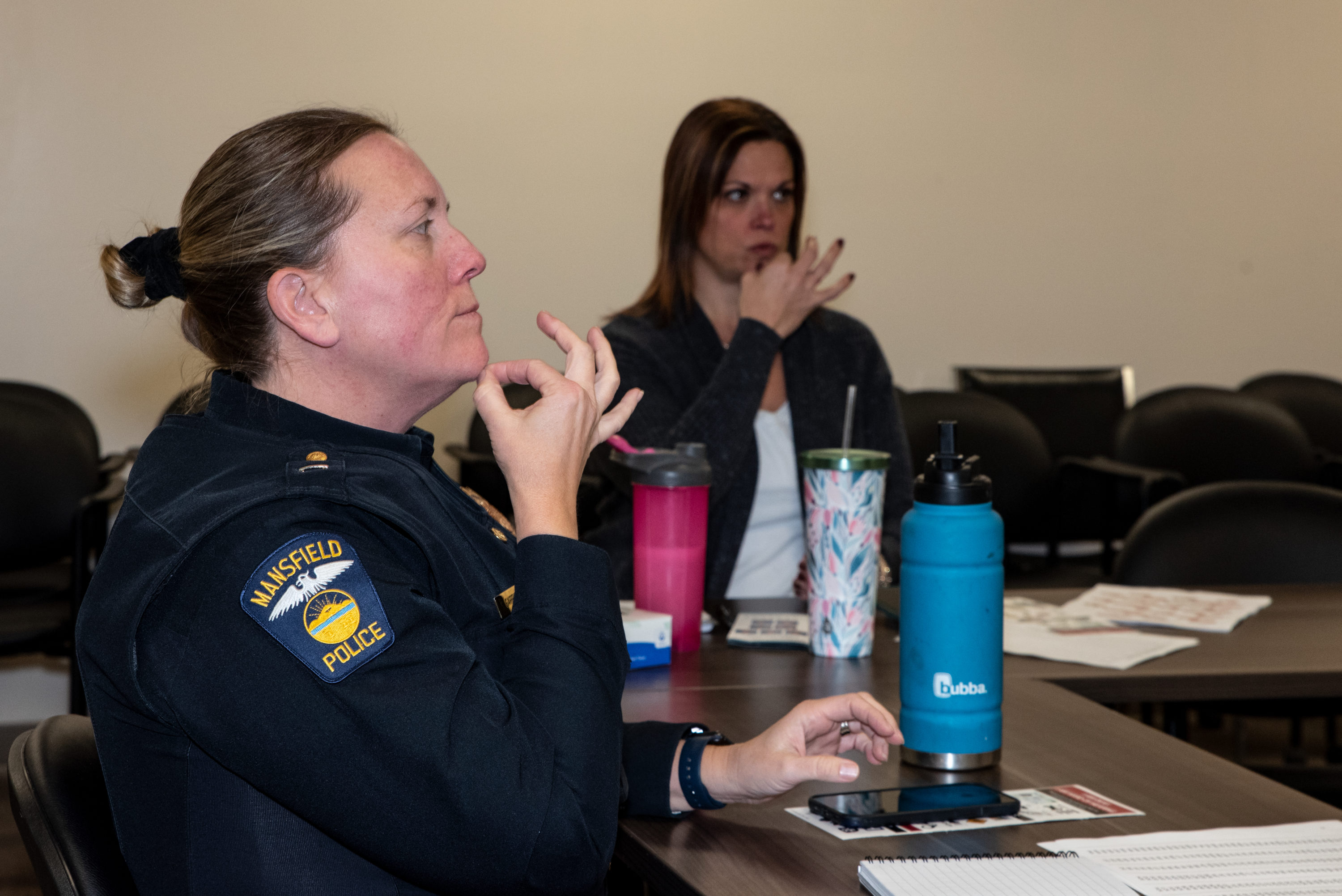
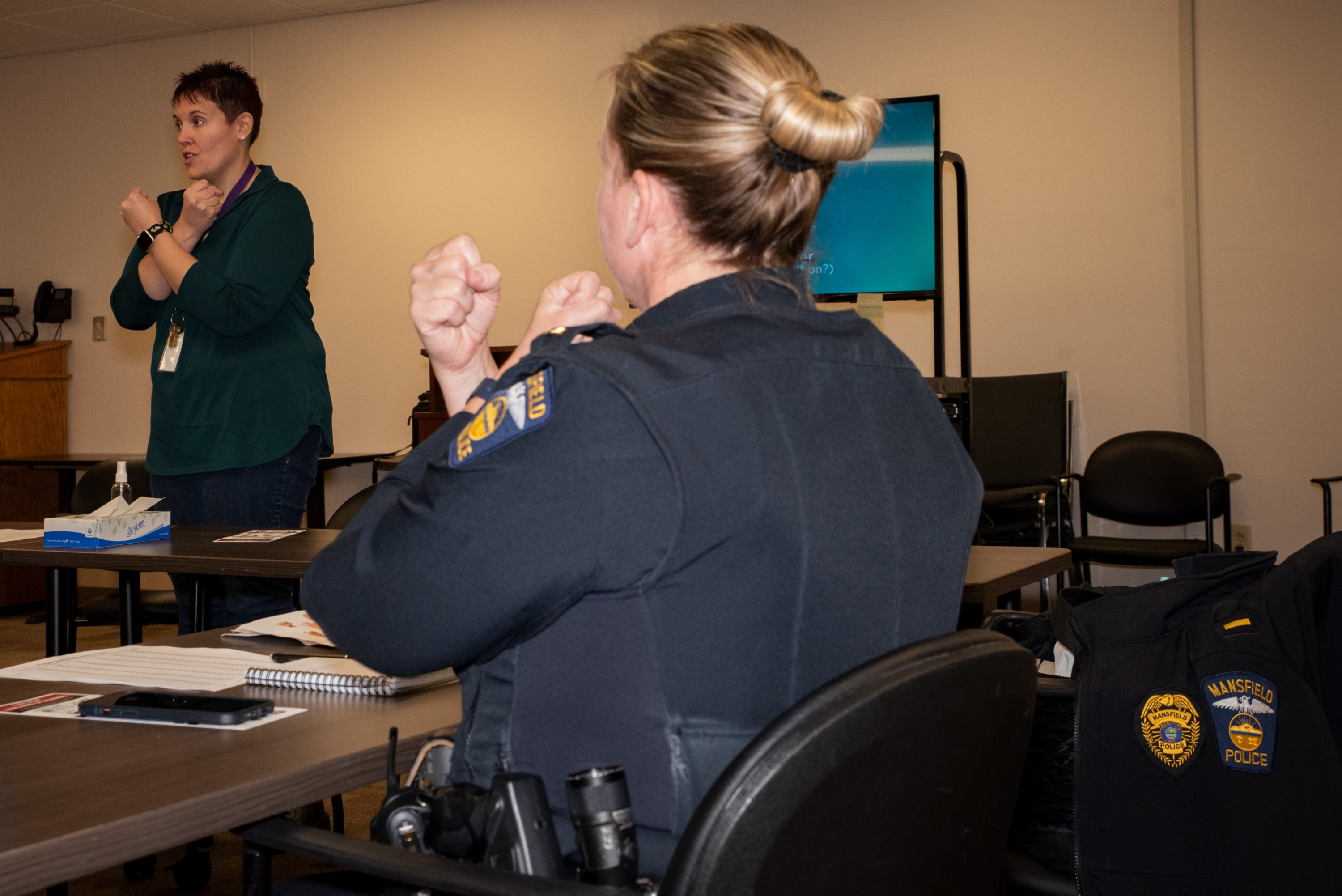

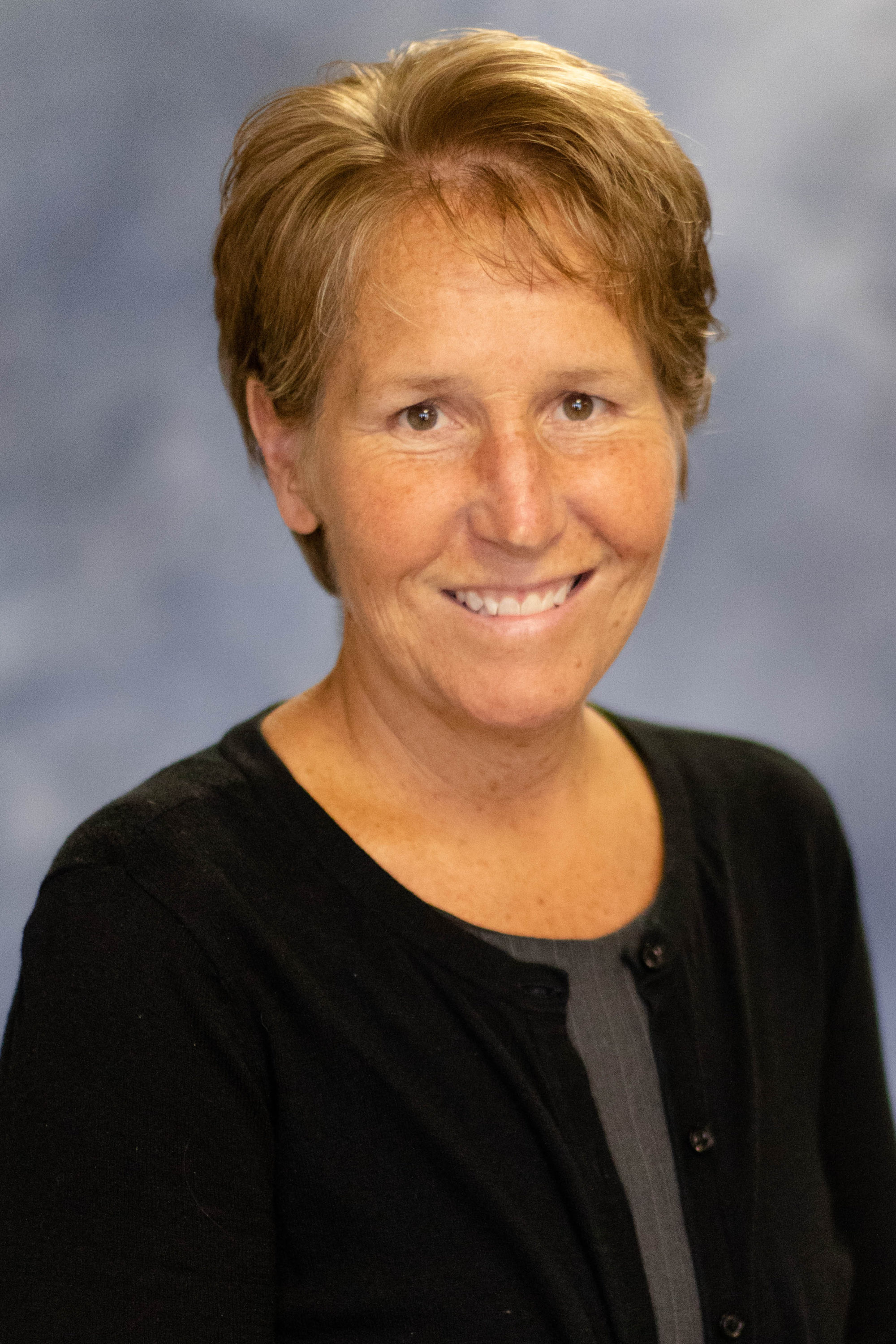
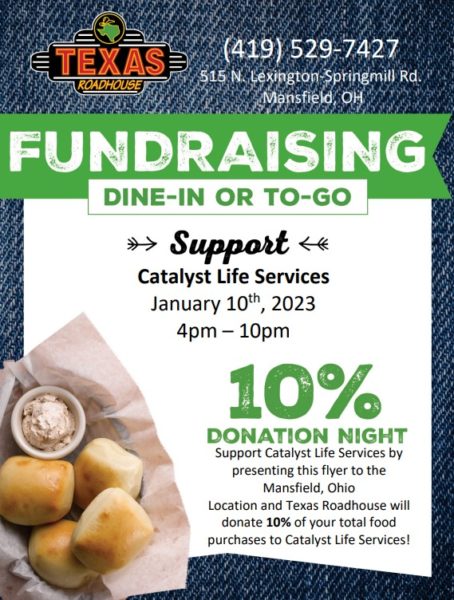
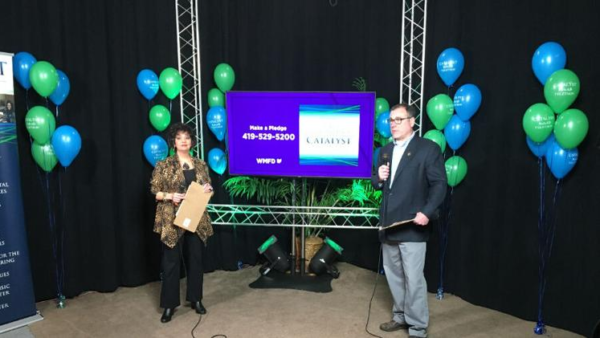

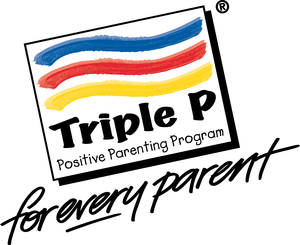
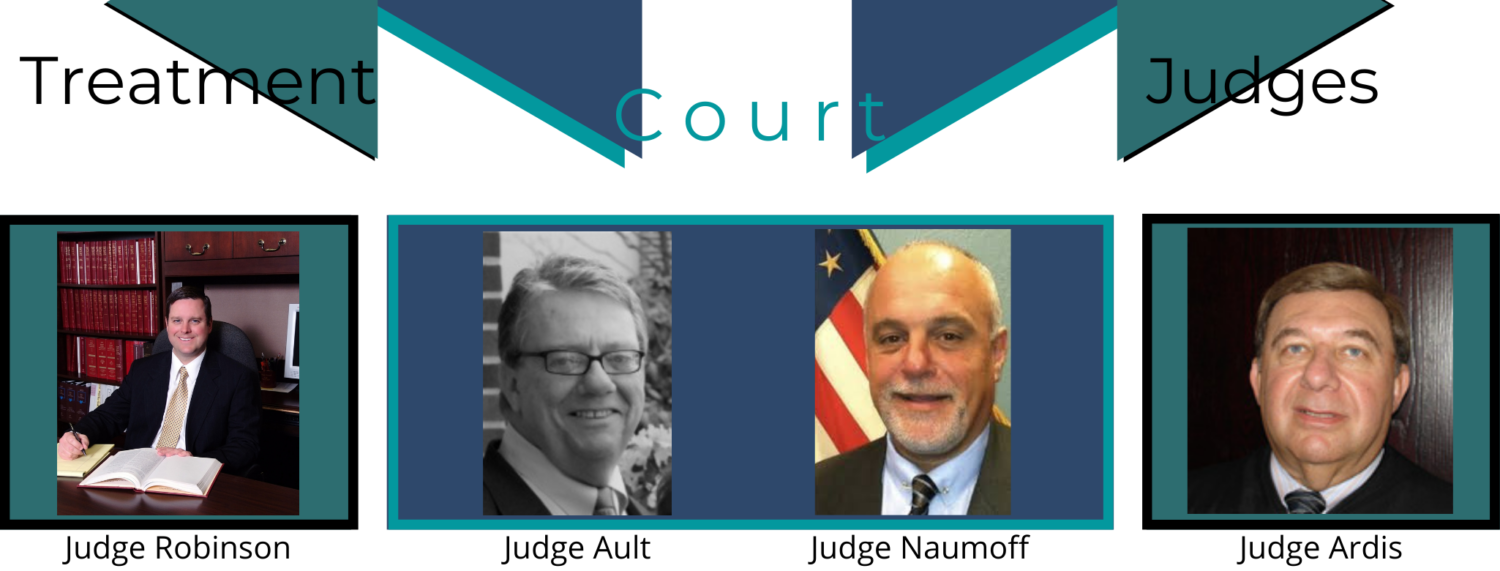
 “Drug Court is important because it gives low level felony substance abuse offenders the opportunity to overcome their substance abuse issues to become employed, to learn how to maintain their sobriety and finally, how to become productive, happy and healthy citizens of this community. Another important benefit of Drug Court is if the offenders are able to successfully complete the Drug Court program and graduate, their criminal case will be dismissed and the arrest record is sealed. This leaves the graduate free of a felony record. Also, Drug Court graduates are much less likely to be arrested on new criminal charges then non-graduates. Finally, Drug Court is important because it reduces overdoses and saves lives.
“Drug Court is important because it gives low level felony substance abuse offenders the opportunity to overcome their substance abuse issues to become employed, to learn how to maintain their sobriety and finally, how to become productive, happy and healthy citizens of this community. Another important benefit of Drug Court is if the offenders are able to successfully complete the Drug Court program and graduate, their criminal case will be dismissed and the arrest record is sealed. This leaves the graduate free of a felony record. Also, Drug Court graduates are much less likely to be arrested on new criminal charges then non-graduates. Finally, Drug Court is important because it reduces overdoses and saves lives.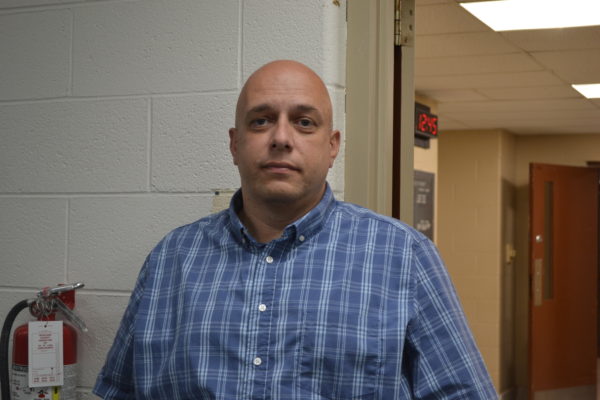 “I have been involved in the Criminal Justice field for over 26 years. During that time I have been involved in uniformed law enforcement, specialty teams on both a state and federal level and for the last 18 years, as a probation officer for the Richland County Court Services. I have found that during my time rising through the ranks in the probation department to my current position as Chief that this part of the criminal justice system allows you the closest, hands on, participation in the changing of someone’s life. I have been through the “lock ’em up” phases and now into the more hands-on “behavioral changes” phase of community corrections. A person has to have a passion for this type of work because it does not come easy. You watch an offender try to change their lives over and over, with no success because they have not totally invested into the changes that need to be made. And rather than give up on these individuals, you continue to work with them, hoping that someday the changes take hold and they truly turn their lives around. When this happens, that is the reward for all of your hard work and dedication to helping others.
“I have been involved in the Criminal Justice field for over 26 years. During that time I have been involved in uniformed law enforcement, specialty teams on both a state and federal level and for the last 18 years, as a probation officer for the Richland County Court Services. I have found that during my time rising through the ranks in the probation department to my current position as Chief that this part of the criminal justice system allows you the closest, hands on, participation in the changing of someone’s life. I have been through the “lock ’em up” phases and now into the more hands-on “behavioral changes” phase of community corrections. A person has to have a passion for this type of work because it does not come easy. You watch an offender try to change their lives over and over, with no success because they have not totally invested into the changes that need to be made. And rather than give up on these individuals, you continue to work with them, hoping that someday the changes take hold and they truly turn their lives around. When this happens, that is the reward for all of your hard work and dedication to helping others. 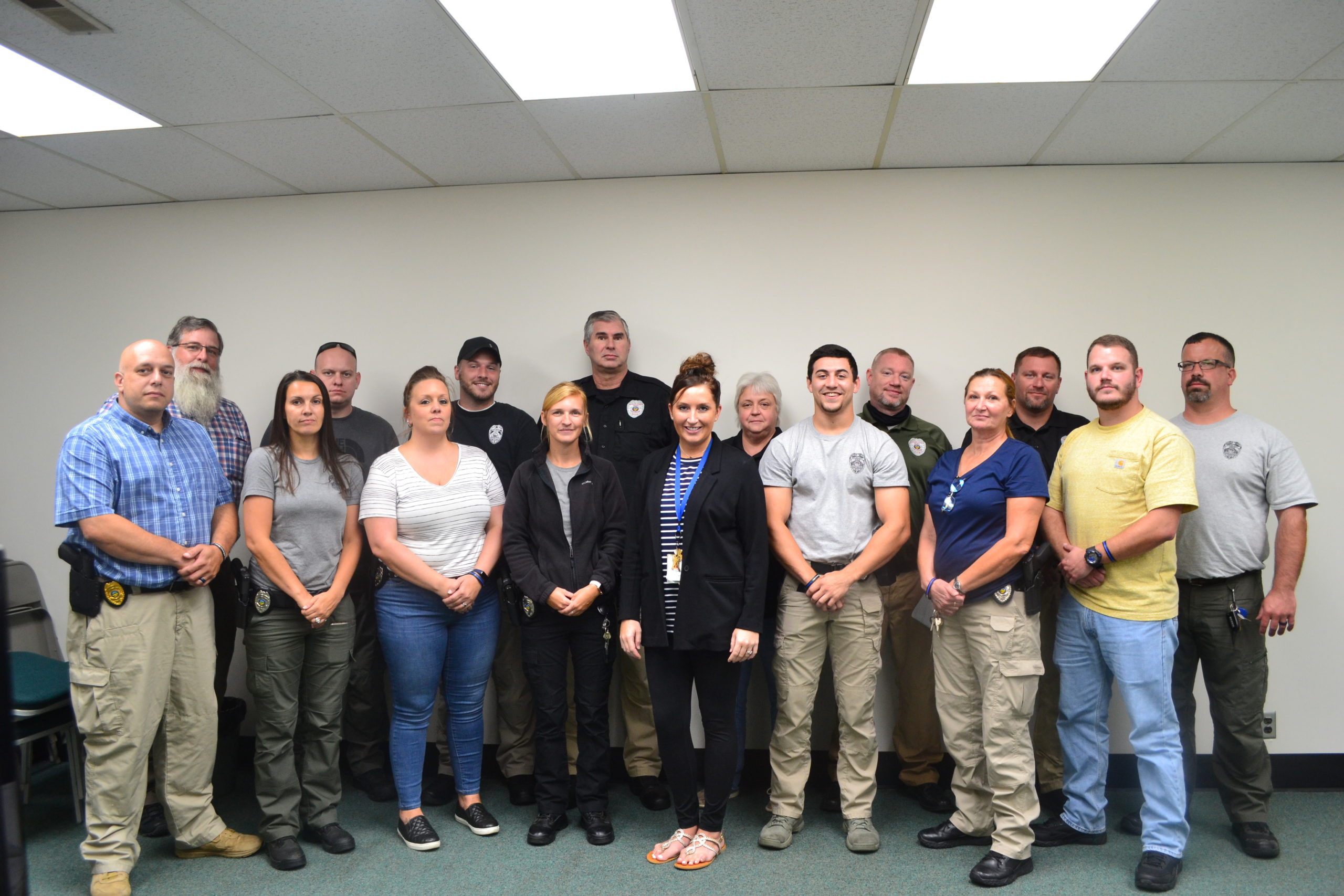
 “I feel treatment court is essential for a number of reasons. Communication between the court, probation officers, and the treatment providers keeps everyone up to date on the progress of the people in treatment court, so that non-compliance can be addressed swiftly if necessary. Studies have shown this process will have much better outcomes than incarceration alone. It’s getting to the root of the problem, which is more effective. Treatment court holds all to a very high standard and provides more structure over all, which is beneficial for accountability and success in changing behaviors. Treatment court reduces recidivism, which not only helps the individual, but our community as a whole.
“I feel treatment court is essential for a number of reasons. Communication between the court, probation officers, and the treatment providers keeps everyone up to date on the progress of the people in treatment court, so that non-compliance can be addressed swiftly if necessary. Studies have shown this process will have much better outcomes than incarceration alone. It’s getting to the root of the problem, which is more effective. Treatment court holds all to a very high standard and provides more structure over all, which is beneficial for accountability and success in changing behaviors. Treatment court reduces recidivism, which not only helps the individual, but our community as a whole. 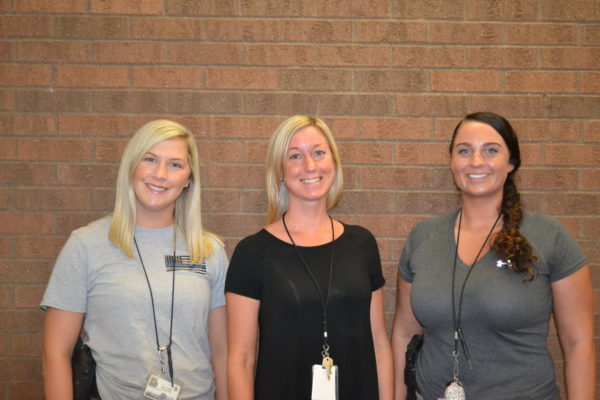 “We enjoy making a difference in the lives of those who are struggling with addiction while involved in the criminal justice system. It is a great feeling to see defendants who entered the system addicted, homeless, unemployed, and lost custody of their children transform into productive members of the community who have now obtained employment, obtained housing, are succeeding in their recovery, and regaining custody of their children.
“We enjoy making a difference in the lives of those who are struggling with addiction while involved in the criminal justice system. It is a great feeling to see defendants who entered the system addicted, homeless, unemployed, and lost custody of their children transform into productive members of the community who have now obtained employment, obtained housing, are succeeding in their recovery, and regaining custody of their children. 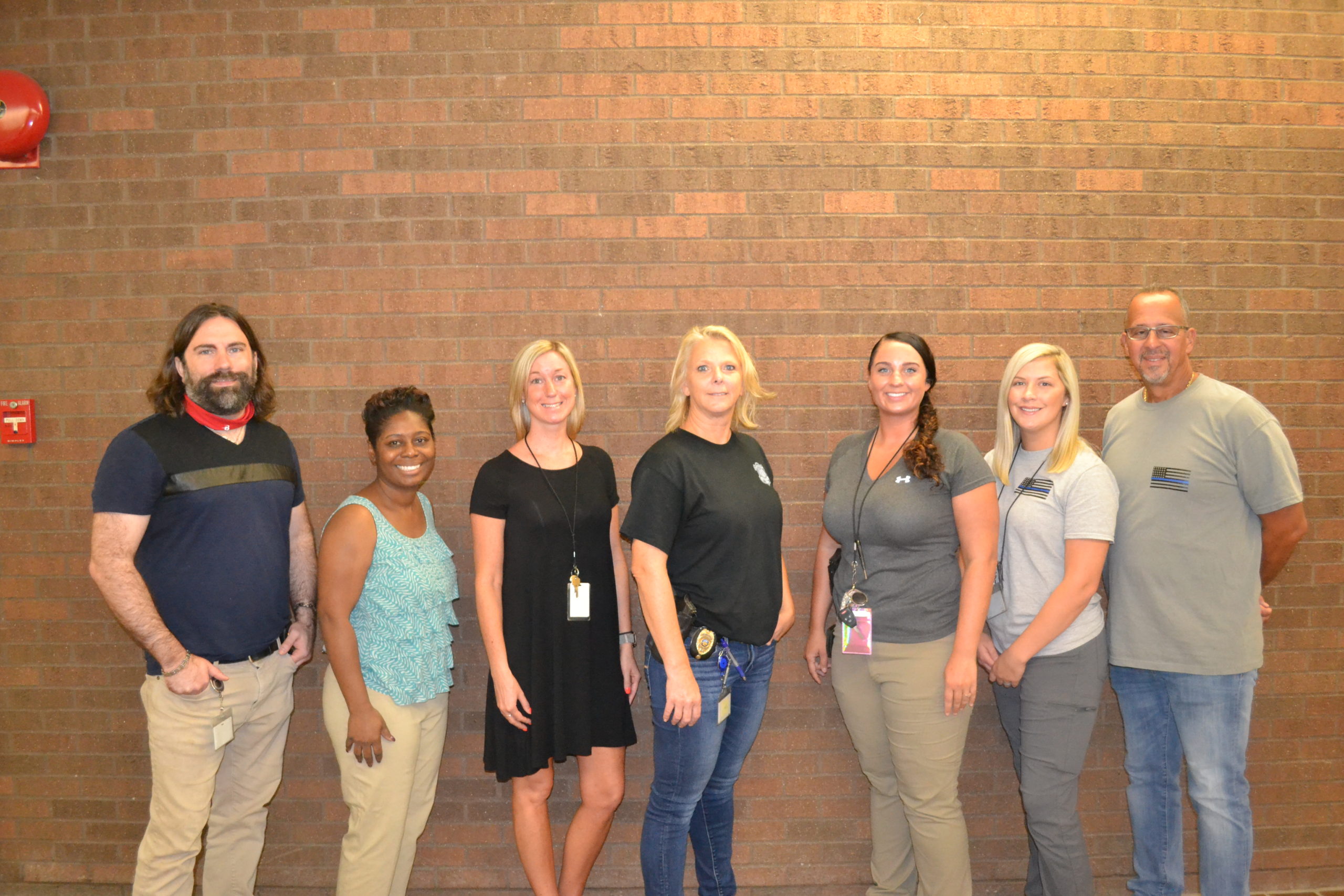
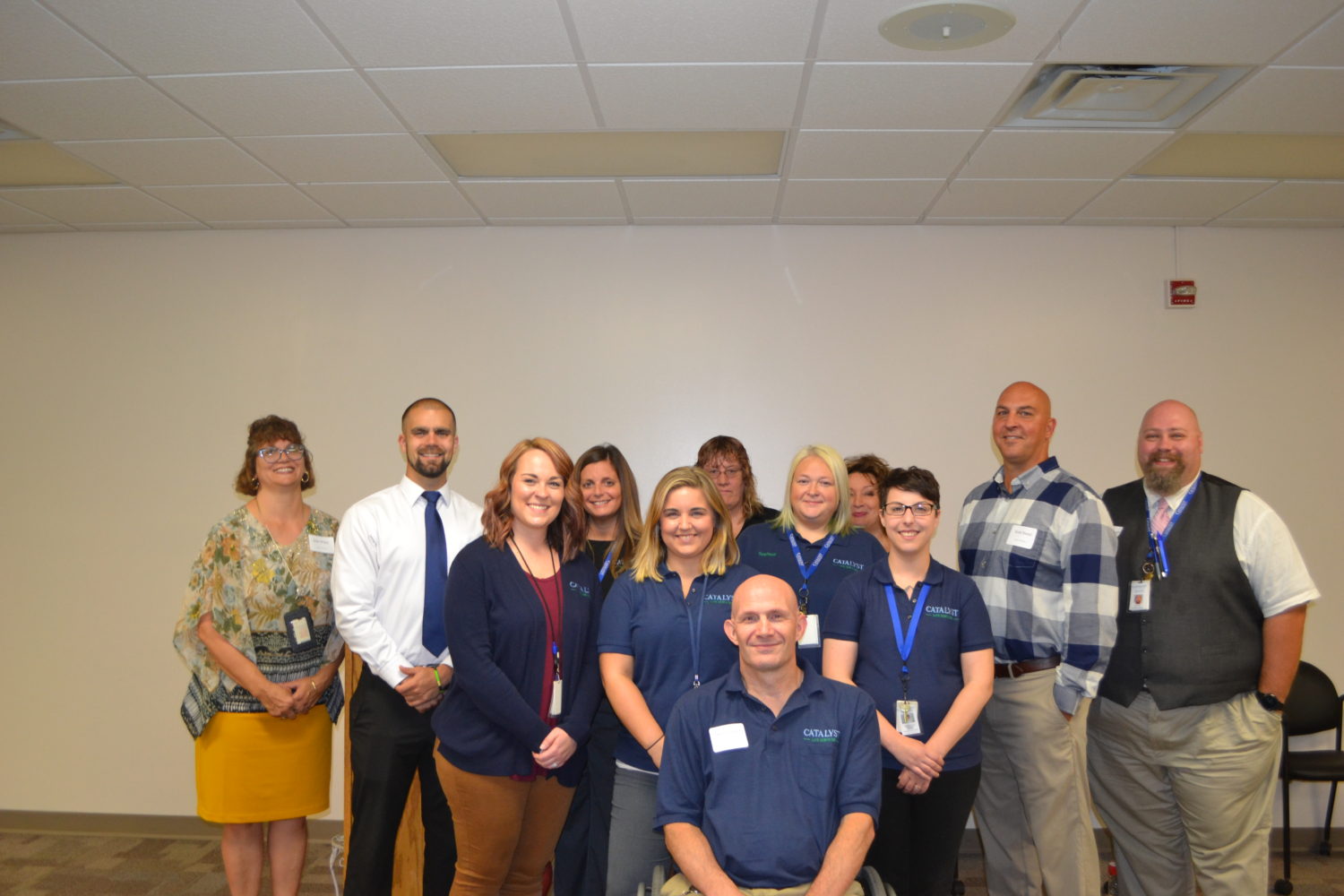
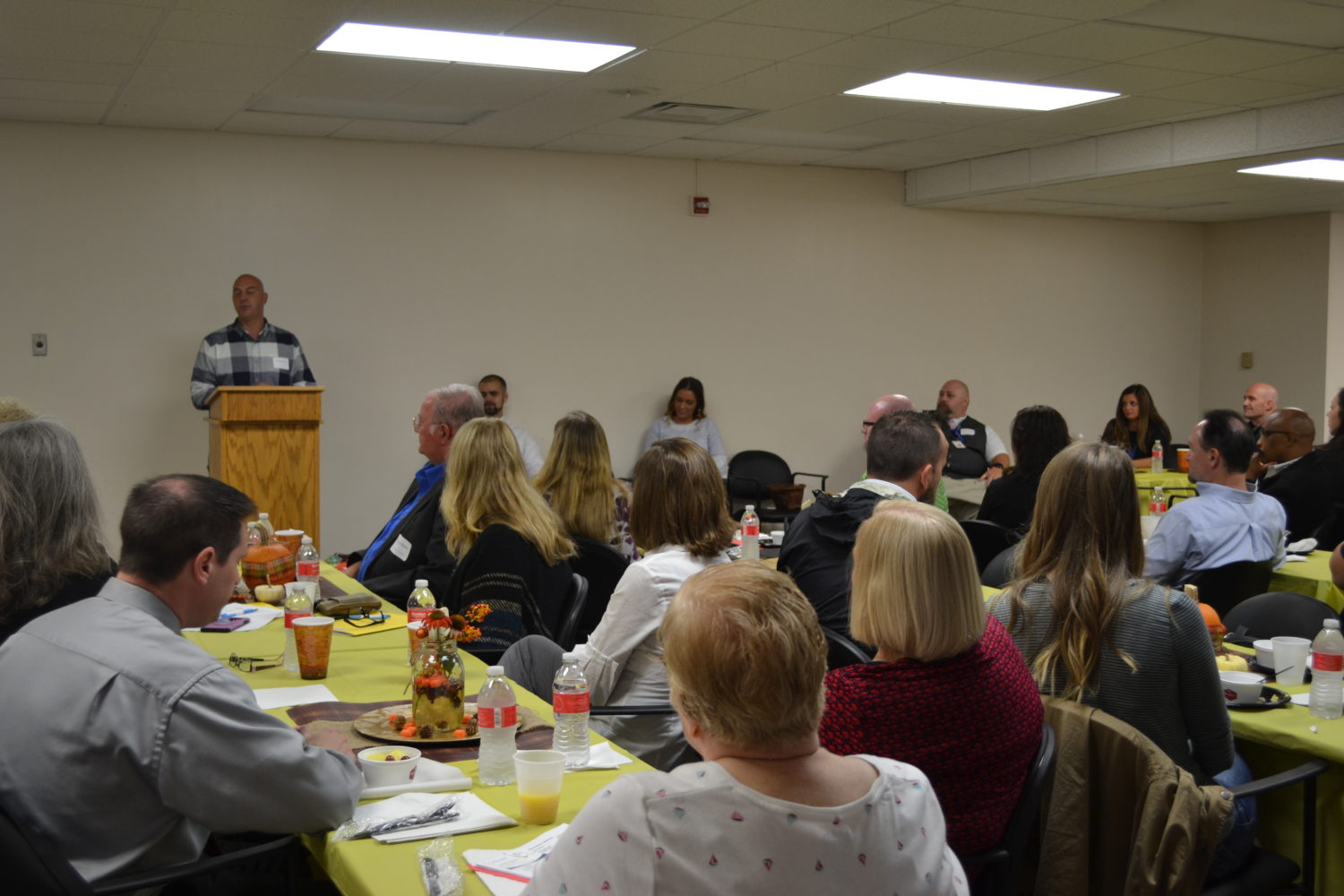
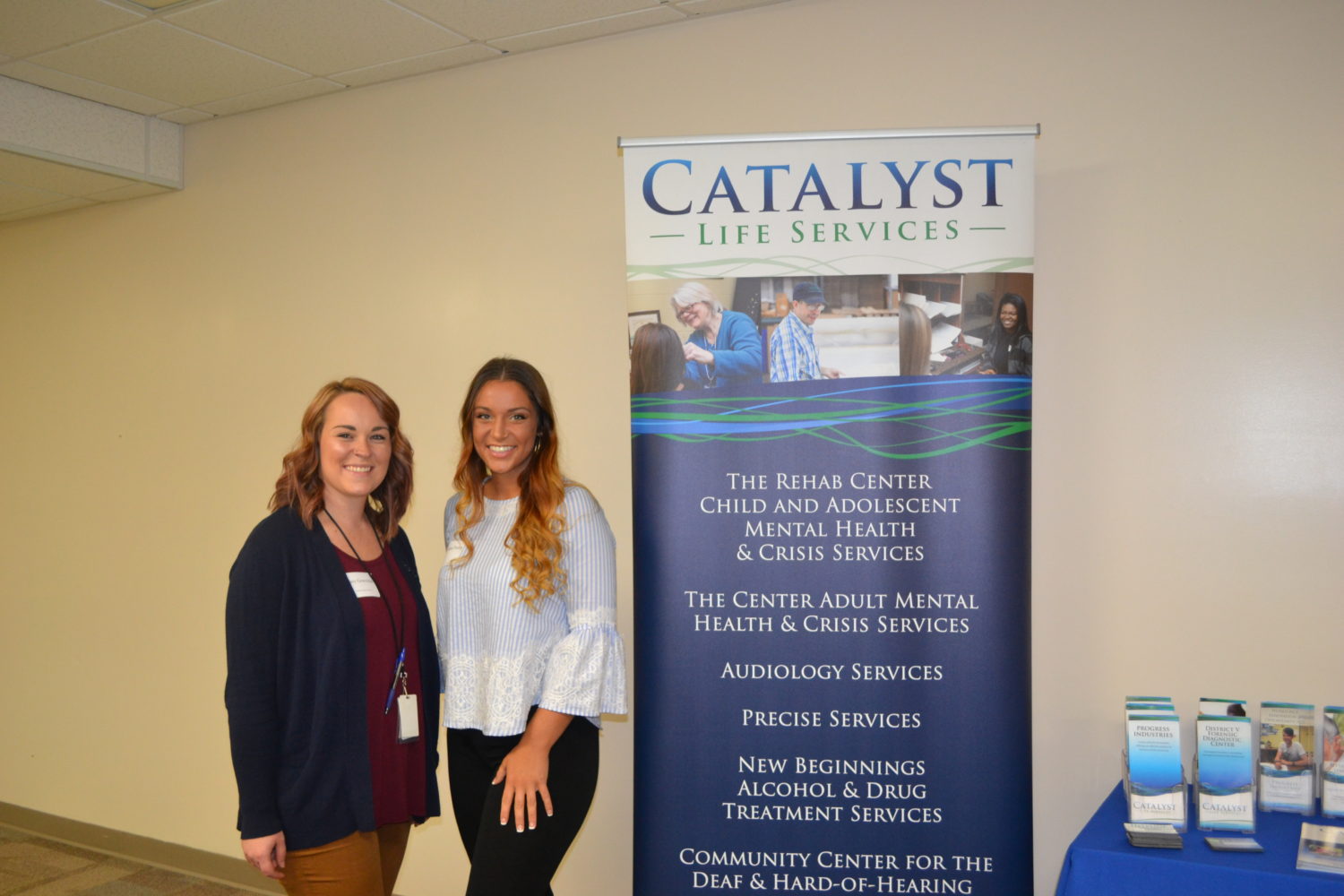
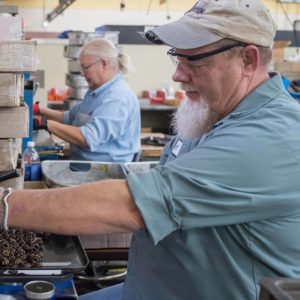 It’s that time of year again!
It’s that time of year again!
